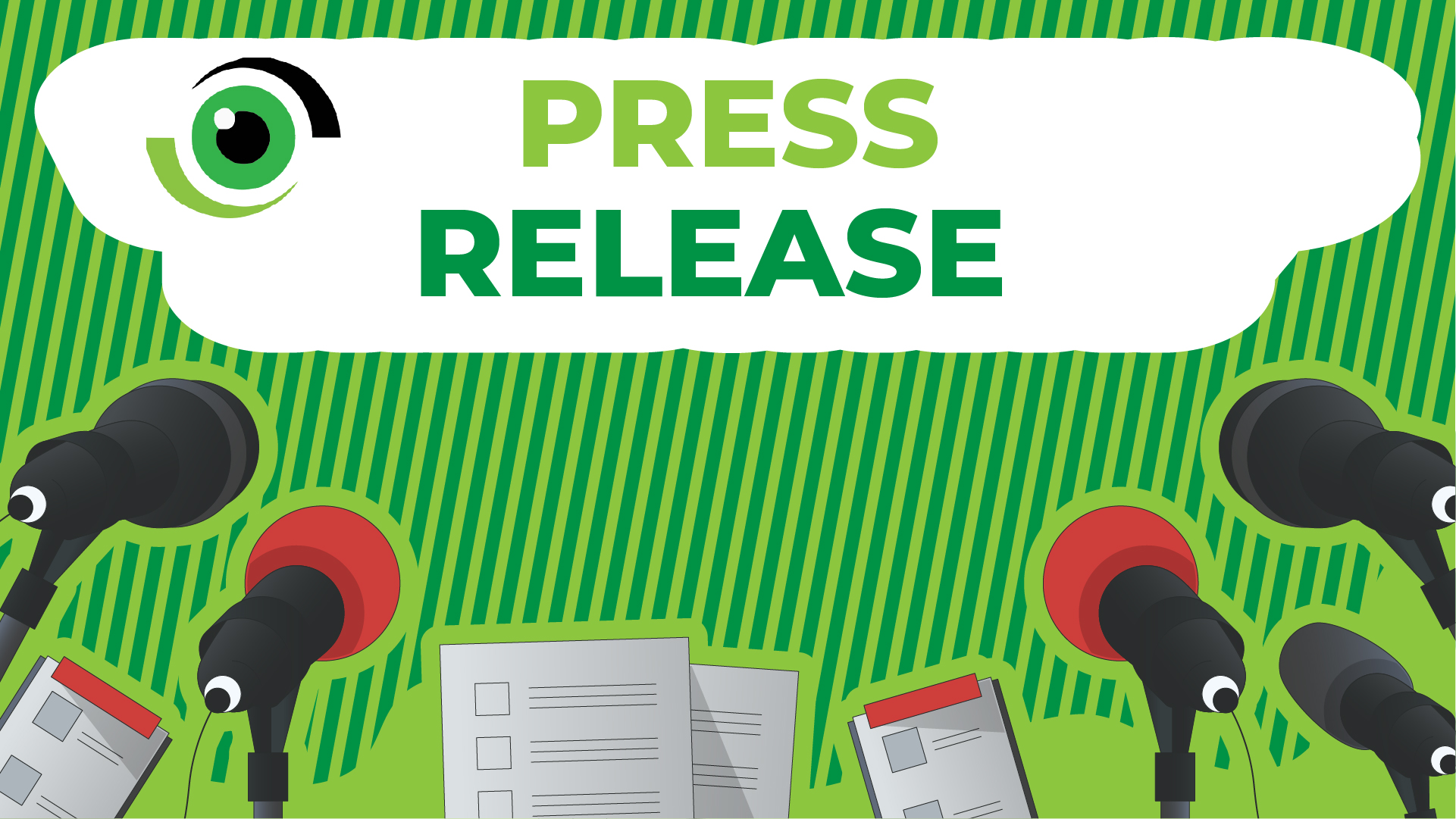Oslo, Norway, and Addis Ababa, Ethiopia; April 13, 2021—The Coalition for Epidemic Preparedness Innovations (CEPI) and the African Union Commission have today announced the signing of an memorandum of understanding, which aims to strengthen ties between the organisations and the Africa CDC—a specialised institution of the African Union responsible for the prevention and control of diseases in Africa—to enhance vaccine R&D and manufacturing in Africa.
This collaboration forms a major part of CEPI’s longer term epidemic and pandemic strategy, announced in March, 2021. As part of this strategy, CEPI aims to work with low-income and middle-income countries to develop the infrastructure and expertise to undertake the epidemiological and clinical studies needed to advance vaccine development, support technology transfer, and develop national and regional manufacturing capacity that will enable these countries to take full ownership of their national health security.
Scope of the collaboration
As part of the expanded relationship, CEPI, the African Union, the Africa CDC will work to:
- Strengthen pandemic and outbreak preparedness on the continent, building on key lessons from the COVID-19 and the procurement and distribution of vaccines through COVAX and African Vaccine Acquisition Task Team (AVATT), established and endorsed by the AU Bureau of Heads of State and Government on 20th of August, 2020.
- Invest in vaccine R&D innovations to enable faster and easier production of vaccines in Africa
- Invest in capacity building and training to foster the development of local expertise needed to boost vaccine R&D and manufacturing in Africa
- Strengthen institutions that enhance enabling science need for vaccine development—for example, through investments in regional laboratory and research hubs across Africa
- Build partnerships that enable the sustainable expansion of vaccine manufacturing in Africa.
Boosting clinical trial capacity in Africa through the Africa CDC Consortium for COVID-19 Vaccine Clinical Trials (CONCVACT)
Only 2% of vaccine clinical trials take place in Africa, and most of those are conducted in just three countries. A global approach to clinical trials is needed to generate additional important data that cannot be obtained by only conducting studies in the same areas with the same demographics.
In response to COVID-19, CEPI has launched a number of initiatives to expand the number of vaccine studies undertaken in low-income and middle-income countries, building on the strong clinical trial capacity that already exists in many countries having dealt with past outbreaks of HIV, malaria, tuberculosis, and other infectious diseases. CEPI is also funding the development of the clinical trial infrastructure in regions that may currently be lacking the tools or training needed to make them potential research centres. Generation of this data on additional demographics and population settings will help fill in gaps in our clinical knowledge of vaccine efficacy while also providing the evidence needed to increase access to these life-saving tools.
Advancing vaccines against Lassa fever
No licenced vaccine for Lassa fever exists, despite the fact that this haemorrhagic fever affects 300,000 people and kills an estimated 5000 people a year in West Africa. CEPI identified significant gaps in epidemiological knowledge and understanding of disease transmission that would make evaluation of vaccine effectiveness challenging. In December, 2020, CEPI launched the largest epidemiological study of Lassa fever in December, 2020, despite the challenges posed by COVID-19. The ‘Enable’ programme aims to increase knowledge about the disease and its prevalence. Findings from Enable will help inform the design of future late-stage Lassa vaccine trials. Up to 23,000 participants will be enrolled into studies in outbreak-prone areas—Benin, Guinea, Liberia, Nigeria, and Sierra Leone—with the first participants enrolled in Nigeria over the first week of December, 2020.
Early this year, a CEPI-funded vaccine programme initiated the first clinical trial of a Lassa Fever vaccine candidate to be conducted in West Africa, where the virus is endemic.
Dr John Nkengasong, Director of the Africa CDC said: “Trusted partnership will be critical in advancing the vaccine manufacturing agenda on the continent. The partnership with CEPI symbolizes cooperation and collaboration to help respond to infectious disease threats and ensure Africa’s health security.”
Richard Hatchett, CEO of CEPI, said: “CEPI is delighted to strengthen our ties with the African Union and Africa CDC to build R&D and manufacturing capacity across Africa. Together we can strengthen Africa’s capacity to prevent, detect, and respond to emerging and re-emerging infectious threats. By building regional resilience and strengthening health security on the continent, we can mitigate the disproportionate health and economic impacts that epidemic infectious diseases can have on populations in low and middle-income countries”.


